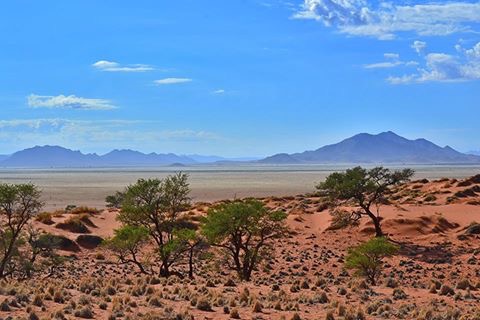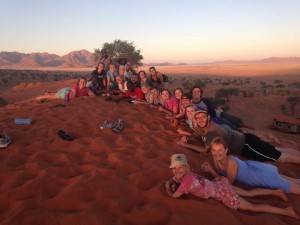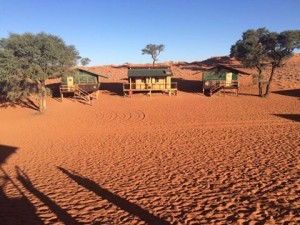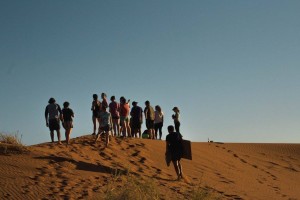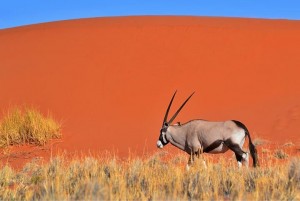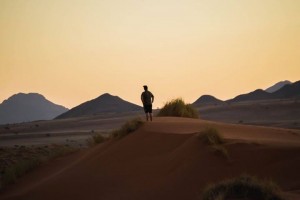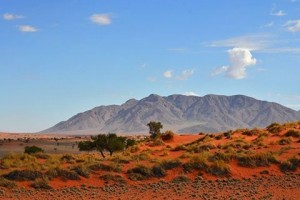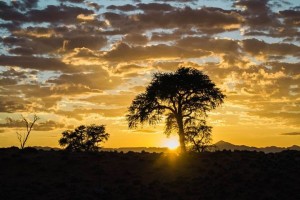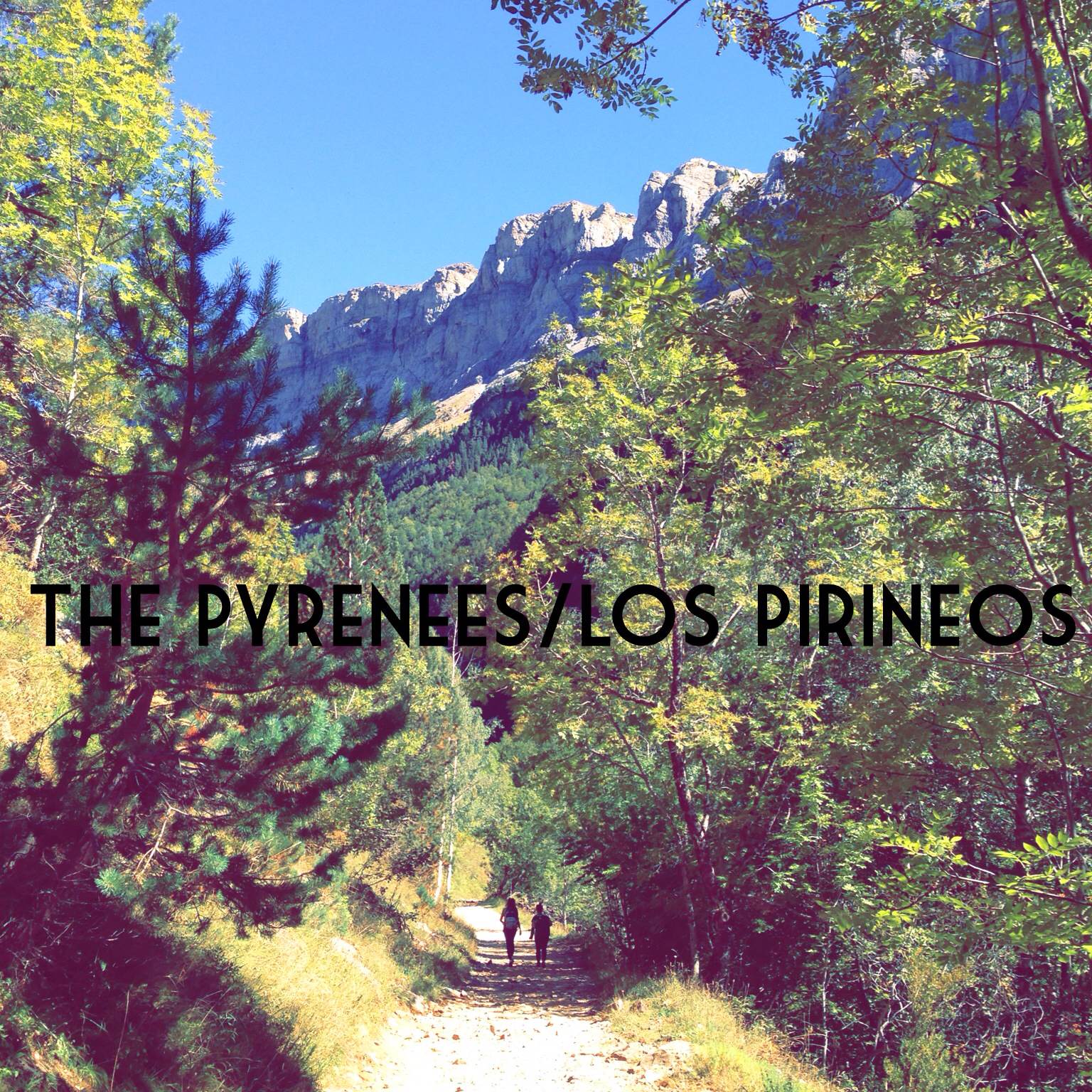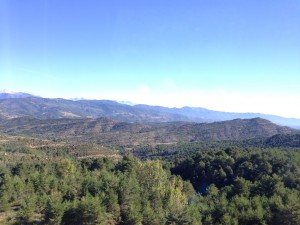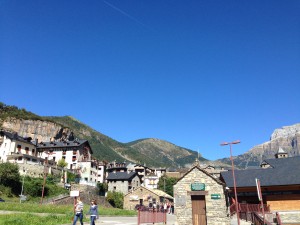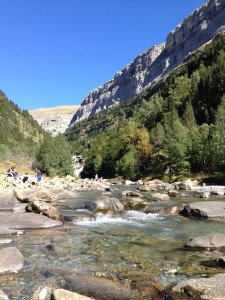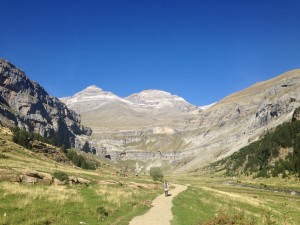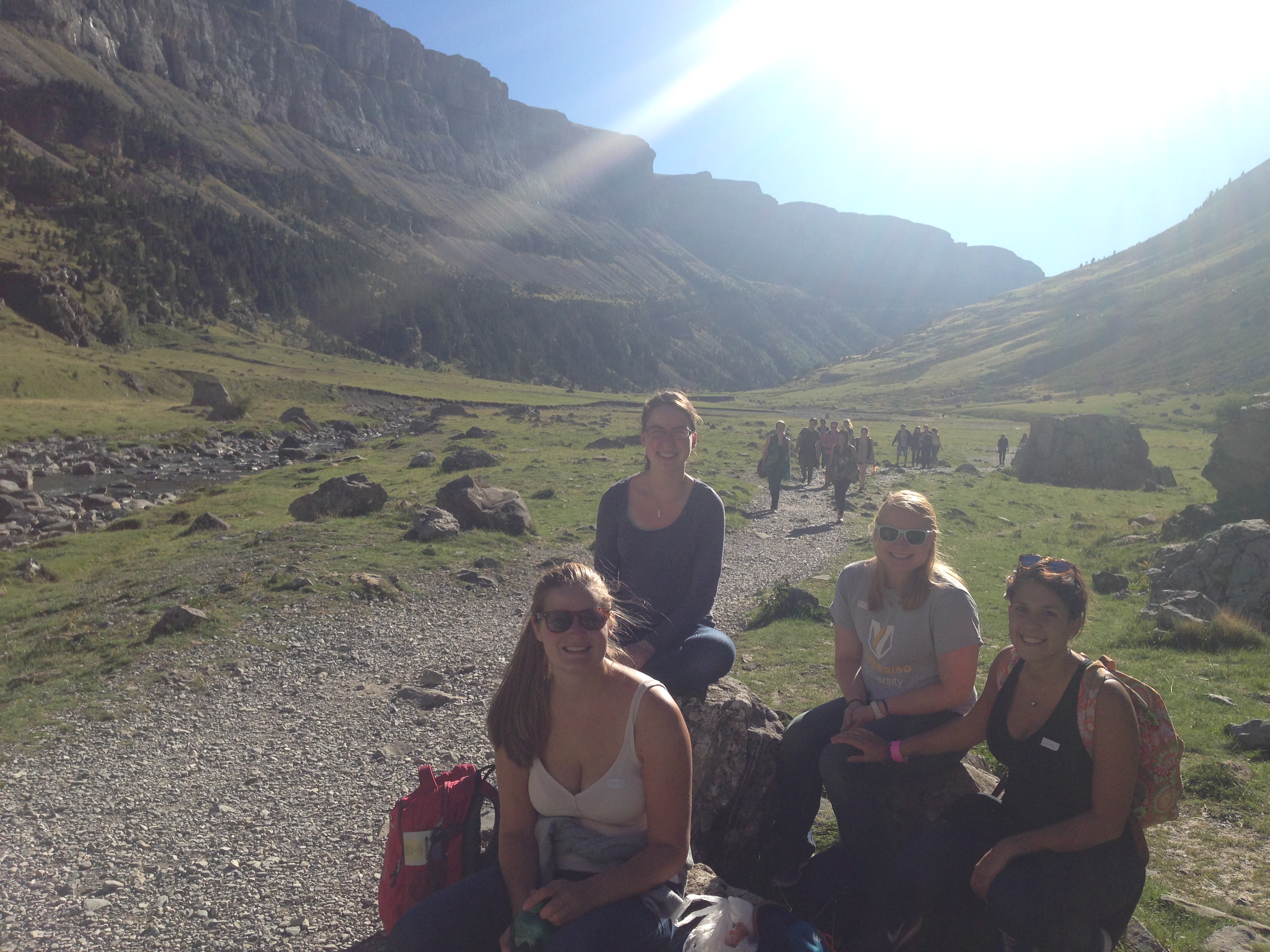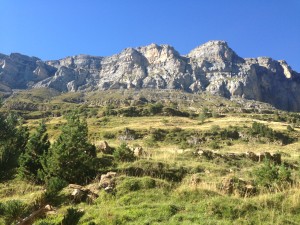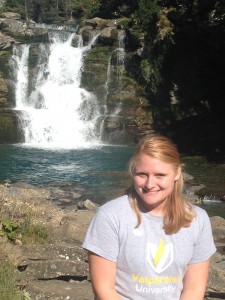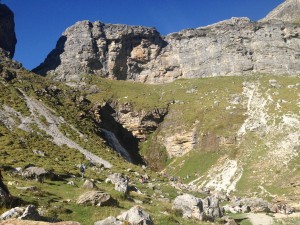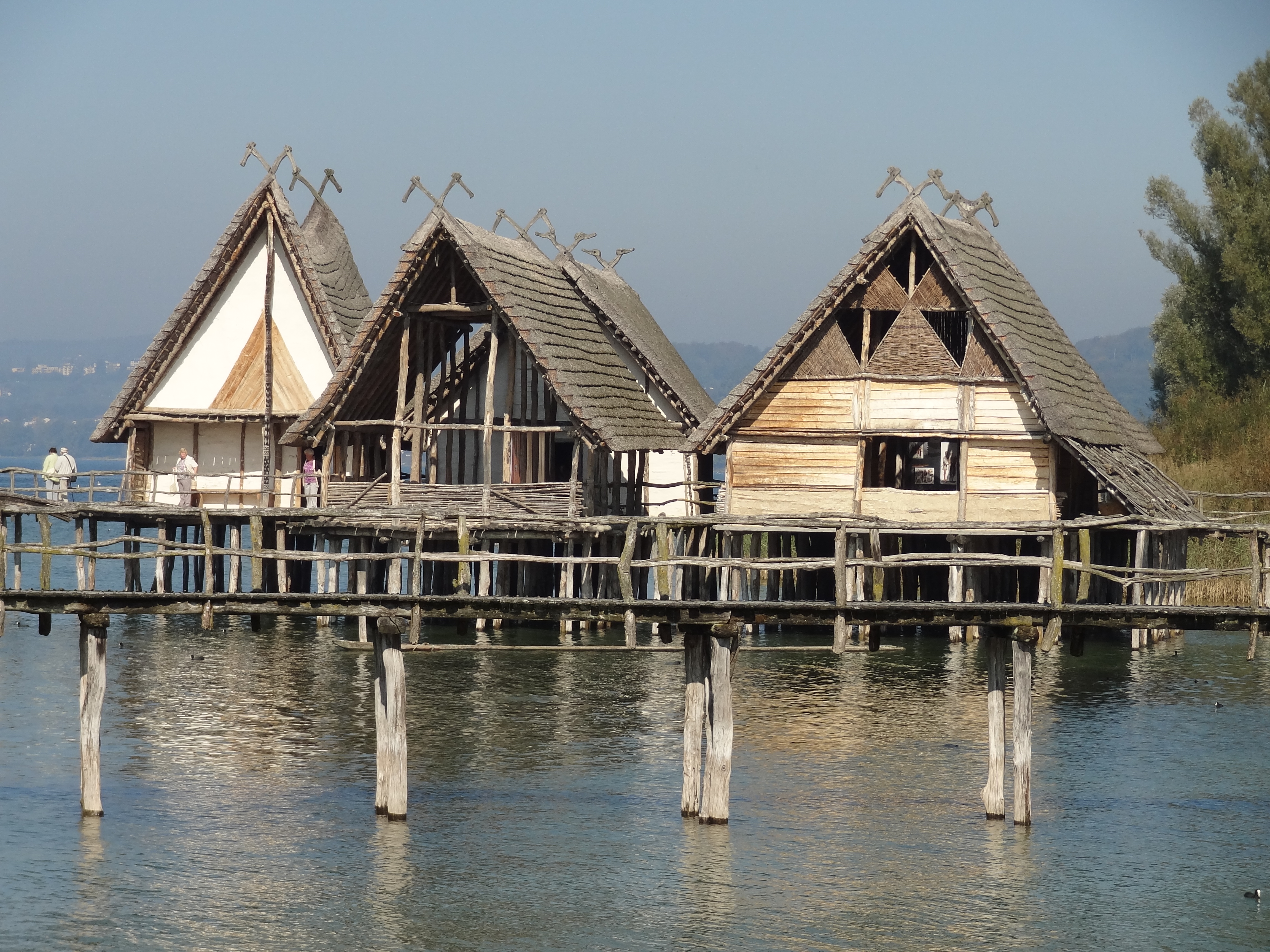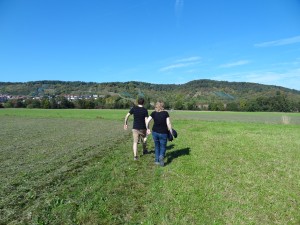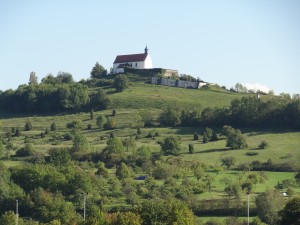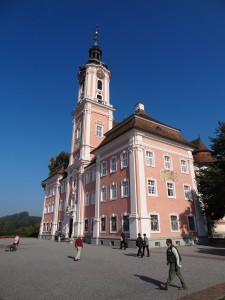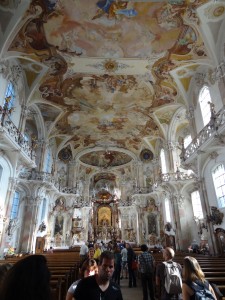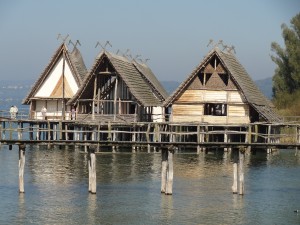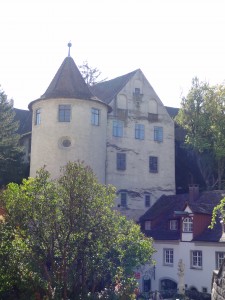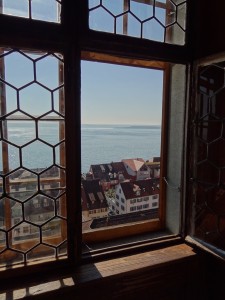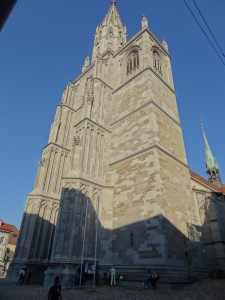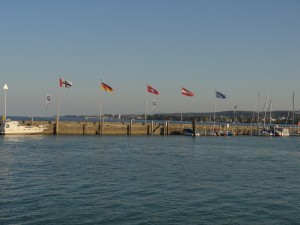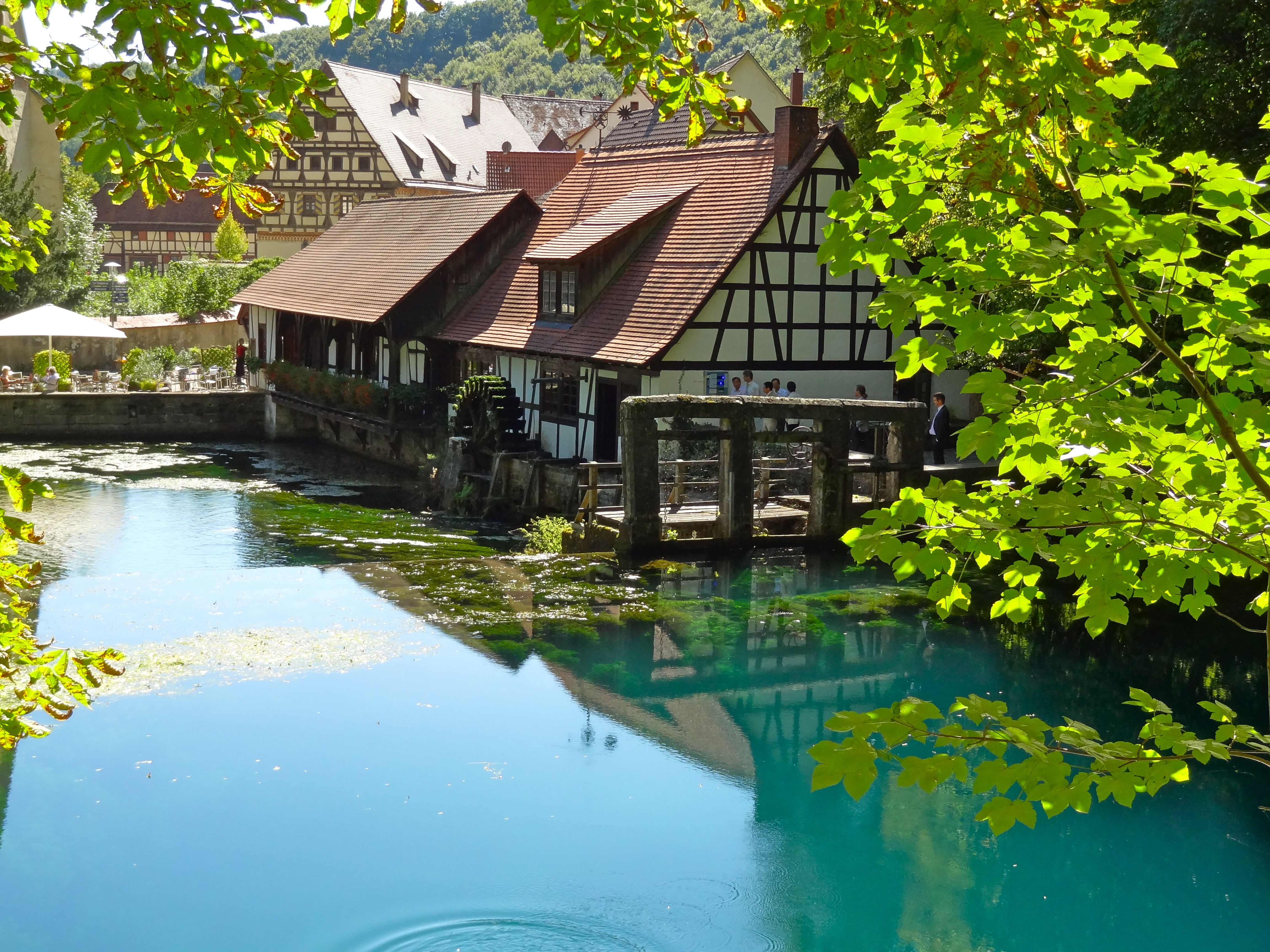First of all, sorry for not having posted anything in an extremely long time! Our German course here is really starting to pick up, and lately we’ve had more tests, projects, presentations, and homework than we’ve known what to do with. Other than all of the work (which is really helping our German skills very much), the course itself has been very enjoyable.
The best part so far, in my opinion, was definitely last week. On Sunday, September 11th we departed for a weeklong “language retreat” of sorts in Blaubeuren, a small town in the Alb mountains about an hour away from Tübingen. The University of Tübingen has conference/retreat center in Blaubeuren, where we were housed in single, double, and triple rooms. Our accommodations were comparable to a pretty nice hotel, and the food they served us was amazing – absolutely no comparison to the cheap groceries we have become accustomed to here in Tübingen. Because I am gluten intolerant, they would even cook me special meals and place them out on the buffet line with a little sign that said ,,Glutenfrei” (Gluten Free.) Our classes and tutorial sessions continued as normal with the exception of a three-hour midday break, which we often used to explore as much of the city as we could before running back. Although the workload didn’t decrease, we still all found time to be social and expand a little bit beyond our regular friend groups that have formed over the past few weeks. In Tübingen we typically only spend time with the other students in our class, but I really enjoyed having more opportunities to branch out and meet some people from the other two classes.
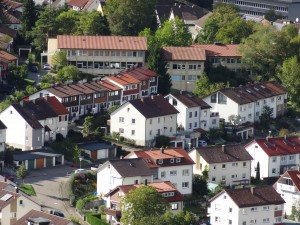
A view of the "Heinrich Fabri Institut" where we spent a week in Blaubeuren. (The three tan buildings in the back are where we stayed and took classes.)
Anyway, the city of Blaubeuren is named after its most famous landmark, known as the “Blautopf,” which translates literally to “Blue Pot” (or “Blue Bowl”.) The picturesque Blautopf is a crystal-blue spring that feeds the Blau River, which eventually flows into the Danube in nearby Ulm. The vibrant blue color is the result of a high concentration of limestone, and it reminded me instantly of the bright-blue Caribbean water on the beach in Cozumel. The spring itself is approximately 70 feet deep, and serves as the entrance to an extensive underground cave system. Unfortunately, these caves have only been explored a handful of times by experienced scuba divers. There have been a number of fatalities and accidents while exploring, so permission to scuba dive in the Blautopf is seldom granted.
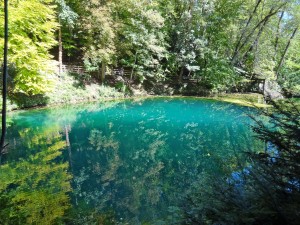
The crystal-blue Blautopf
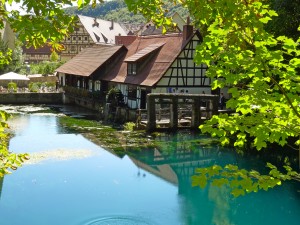
The picturesque Blautopf and Mill
The surrounding landscape is not only beautiful, but historically significant as well. In addition to the underwater caves, there are also many caves in the surrounding mountains where ancient artifacts have been found. Among the most notable of these artifacts are the oldest piece of artwork ever discovered (a small sculpture called, “Lion Man,”) and the world’s oldest known musical instrument, both of which date back approximately 40,000 years ago. These and many other artifacts are housed in Blaubeuren’s “Urgeschichtliches Museum” (Pre-history Museum) – a small but interesting museum full of exhibits about the caves and the ancient neanderthals who inhabited them.
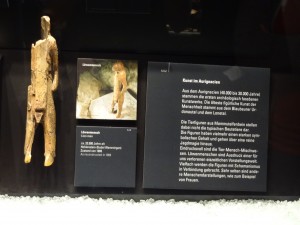
The world's oldest known piece of art. The Löwenmensch. (Lion Man)
Another one of our day excursions was a hike to the ruins of an old castle in the mountains that overlook the small, pastoral town of Blaubeuren. After a couple hours of hiking we finally reached the tiny castle, and the view was breathtaking. It vaguely reminded me of climbing to the top of Yosemite falls in California and looking out over Yosemite Valley, however, the Alb Mountains are not nearly as high.
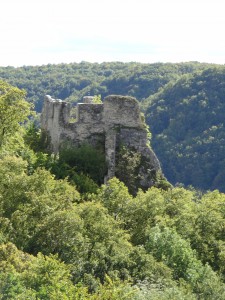
A view of the Ruins
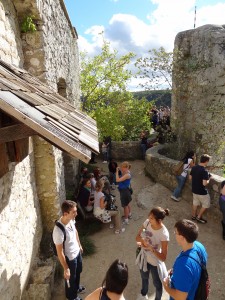
"Inside" the Castle Ruins
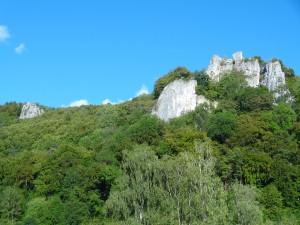
The Castle (to the right on top of the rocky cliffs)
The next day we all took the train to nearby Ulm, where there was also no shortage of picturesque views. Ulm is a small city of 105,000 that is famous for the church located in its city center. Construction on the “Ulmer Münster” (The Minster of Ulm) began in 1377, and it became the world’s tallest church tower upon completion in the late 1800’s, a record it still holds today. It was constructed in the gothic style of architecture, so gargoyles and flying buttresses are in no short supply. Many of us took advantage of the opportunity to climb the hundreds of stairs to the top of the tower where there is a very small observation deck. So small, actually, that we were stuck for about 25 minutes at the top because the influx of tourists caused a traffic jam in the narrow spiral staircase. Afterwards, we crossed the river into Bavaria where we ate dinner at a nice Biergarten before taking the train back for the night.
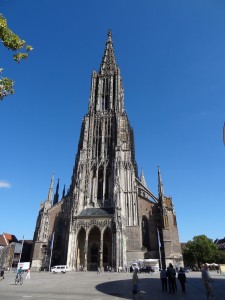
The Ulmer Münster
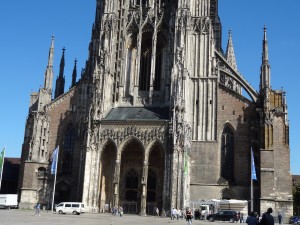
A closeup view of the Flying Buttress architecture
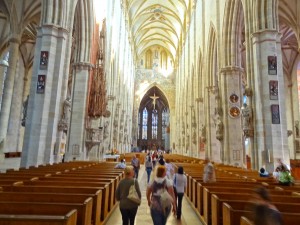
Minster Interior
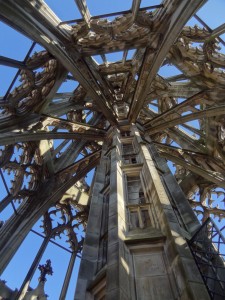
Looking up towards the staircase column and observation deck
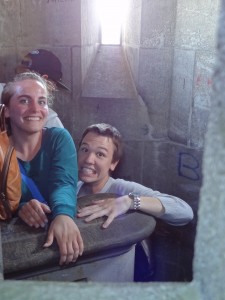
Traffic Jam! Rachel and Jake stuck in the staircase waiting to get to the Observation Deck
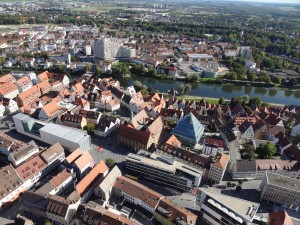
View from the tower. Ulm (Baden-Württemberg) and New Ulm (Bavaria) separated by the Danube River
Our last night in Blaubeuren was concluded by a visit to an “Internatschule” (Boarding School). The school is attended by students from 9th to 13th grade, and is housed in a Monastery that was founded in 1085 by Catholic monks. The Monastery is yet another truly historical landmark in Blaubeuren, and became protestant during the height of the Reformation. The architecture was absolutely stunning – I was really jealous of the students who get to live and go to school there!
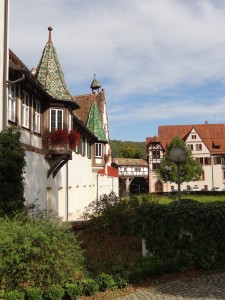
A view of the Monastery
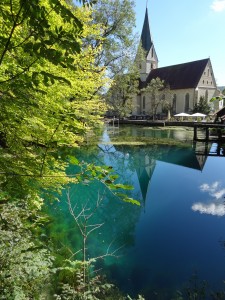
The Blautopf with the Monastery in the background
So after we had made our way through the touristy part of the monastery and into the boarding school, we were welcomed by the students into their bar. That’s right – their school has a bar. We were explained that the “Internatsbar” is somewhat of an experiment, for the purpose of teaching kids how to responsibly enjoy alcohol at a young age. The more I thought about it, the more I actually really liked the idea. There was no hard liquor – only beer, wine, champagne, and soda, and it is only open on Thursdays until 11:00 PM. In Germany, the drinking age for beer, wine, and champagne is 16, while the age limit for hard liquor is 18, so the younger students are of course not allowed to have alcohol. This was a pretty stark contrast to America, where “Alcohol” is a forbidden swearword in public schools, not to be uttered by a single underage soul. I think our high drinking age presents many problems, in particular, the fact that many people don’t know how to responsibly enjoy it once they are old enough because alcohol is such a taboo subject in America. I have no idea how well the experiment is working for them, but I think it’s a very interesting concept at any rate.
We spent a couple hours visiting with the students, and had a lot of interesting conversations. Some were more interested than others to meet the “international college students from Tübingen,” but the questions they asked us about our home countries were interesting, and good conversation starters. We, in turn, got to learn about their experiences living at a boarding school away from home, which was also very interesting. A few lucky members of our group were even offered tours of the students’ living quarters.
I think that pretty much sums up last week! I have a couple more things I’d like to blog about, which I’m hoping I can get to on Tuesday night. On Monday I have another big grammar test, and on Tuesday I have to give a presentation (by memory) about German Wine. I guess I know what I’ll spend all of tomorrow doing! On Wednesday we are taking a class trip to the Bodensee (“The Lake of Constance”) in the south between Germany, Switzerland, and Austria.
Today, Hannah, Rachel, Emily, Jake and I walked to the home of the Brixners, longtime friends of VU and former professors for the VU Reutlingen program. There we were very hospitably served with one of the best dinners I have had in a long time. My next blog will be about our experiences there, and our 3.5 hour walk through the woods. Needless to say we got hopelessly lost.
That’s all for now!
Bis dann!
